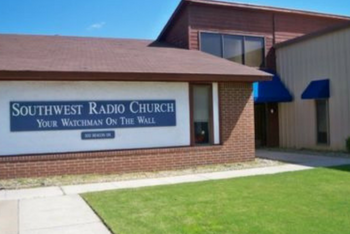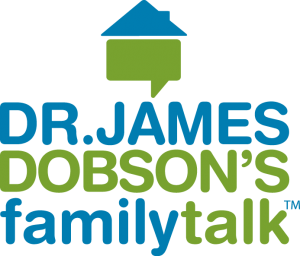Turning eighteen ushered in a new era in my daughter’s life: legally an adult, she now has the right to vote in future elections and will soon embark on life after graduating from high school. This shift has instilled in me a sense of urgency—I have precious little time with her under my roof to impart to her the wisdom she needs to face the world on her own: how to manage finances, stay alert to world issues, and make sound decisions.
My sense of duty to equip my daughter to handle her life is understandable. After all, I love her and desire for her to flourish. But I realized that while I have an important role, it’s not solely—or even primarily—my job. In Paul’s words to the Thessalonians—a group of people he considered his children in the faith because he’d taught them about Jesus—we see him urge them to help one another but ultimately he trusts their growth to God. He acknowledges that God will “sanctify [them] through and through” (1 Thessalonians 5:14–15, 23).
Paul trusts God to do what he cannot: prepare them—“spirit, soul and body”—for the eventual return of Jesus (v. 23). Though his letters to the Thessalonians contained instructions, Paul’s trust in God for their well-being and preparedness teaches us that growth in the lives of those we care for is ultimately in God’s hands (1 Corinthians 3:6).
Source: Our Daily Breat
 Your Watchmen on the Wall
Your Watchmen on the Wall  Dr. James Dobson’s Family Talk
Dr. James Dobson’s Family Talk